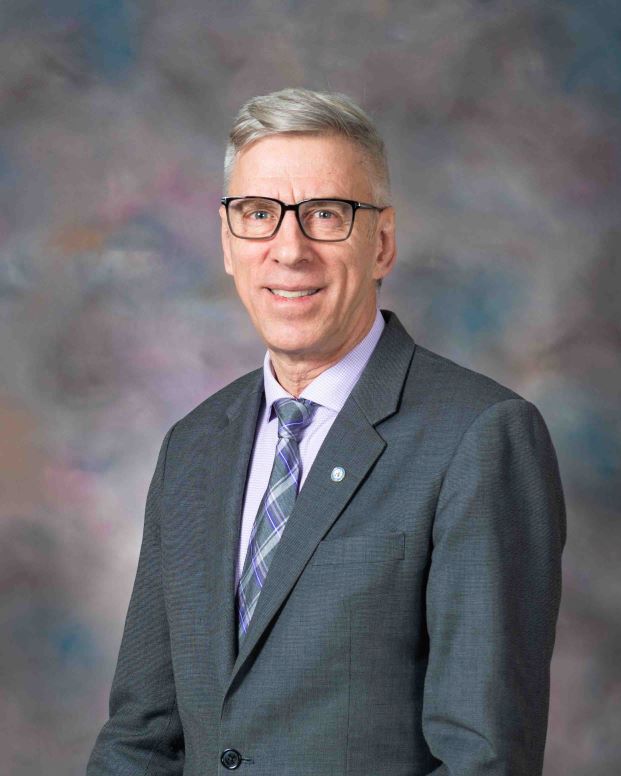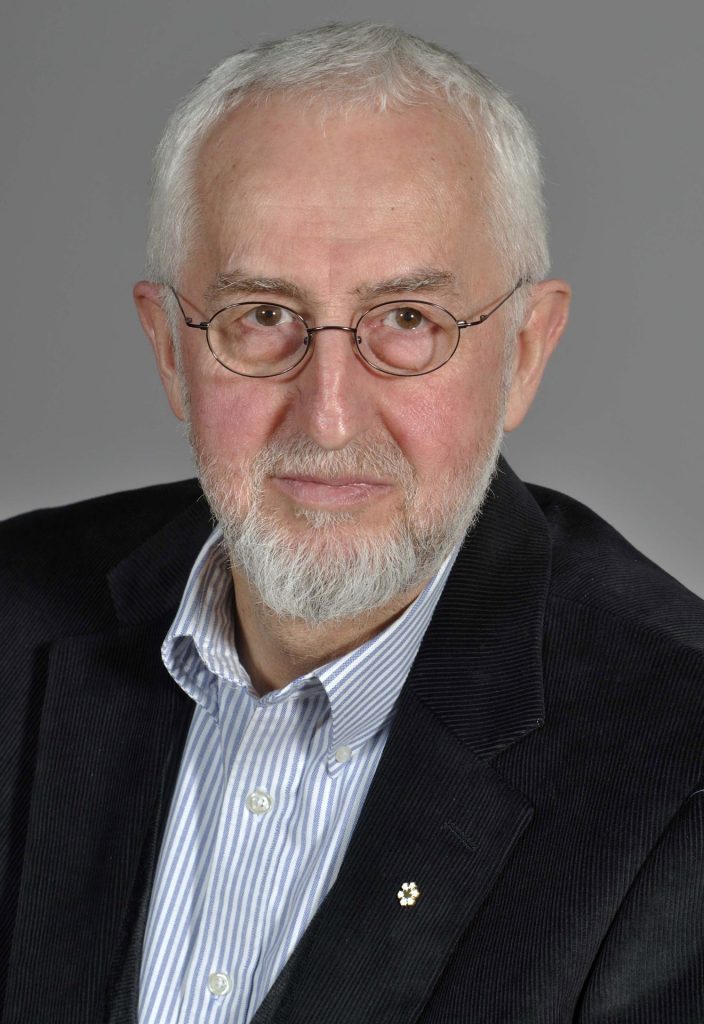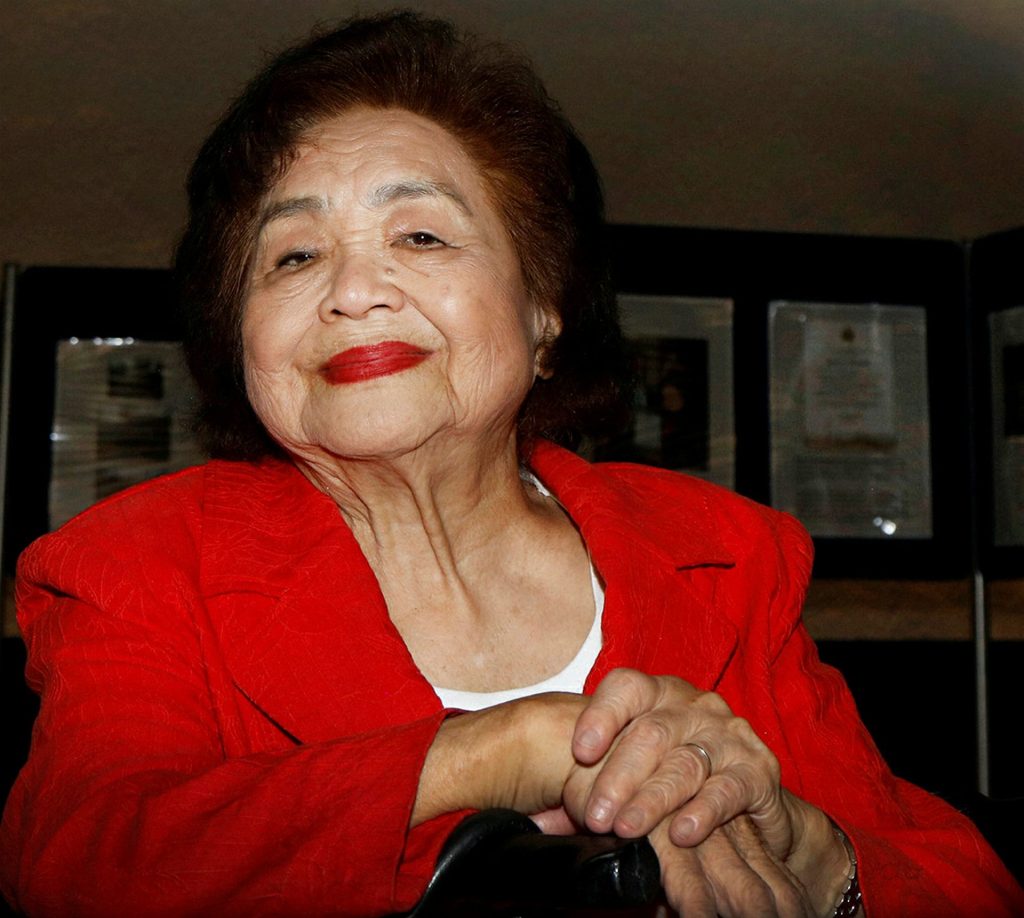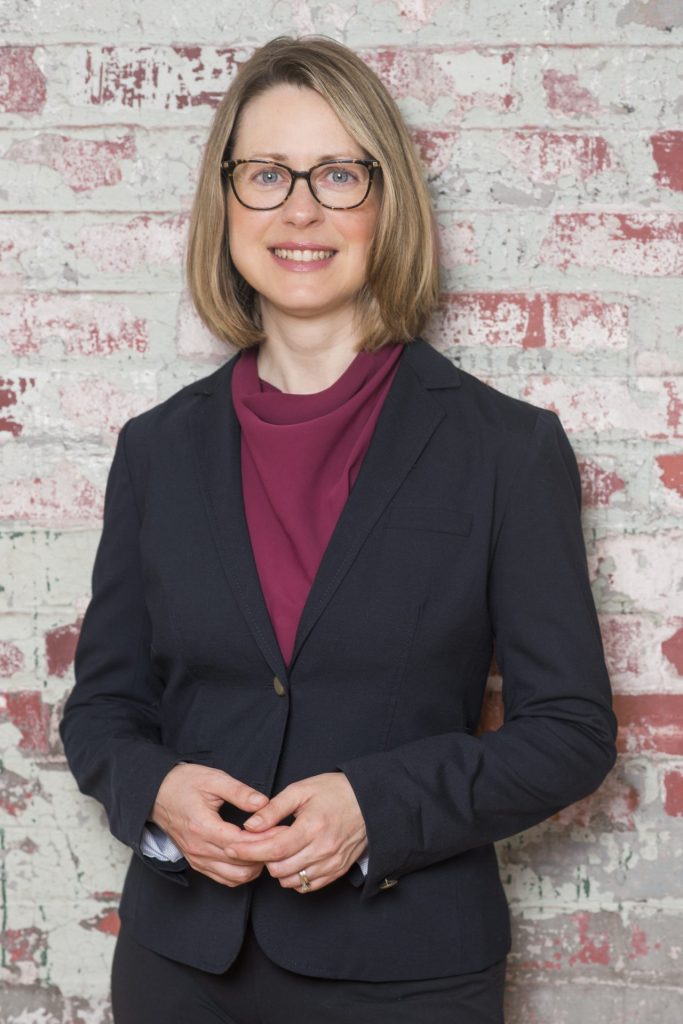This article by CPG member M.V. Ramana was originally published as part of the Human Security Dossier of the Heinrich Boell Foundation.
Nuclear Weapons Create and Exacerbate Human Insecurity | Heinrich Böll Stiftung .
Nuclear Weapons Create and Exacerbate Human Insecurity
Nuclear weapons and the development of other means of destroying people are a matter of justice and human security. They reflect the priorities of governments and powerful institutions that control decisions on spending.
The relationship between nuclear weapons and human security is similar to that of the relationship between economic inequalities and social justice: if you have the first, the second is very difficult to obtain. Jacqueline Cabasso and Ray Acheson
For the vast majority of the world’s people, the most important impact of the possession of nuclear arsenals by some of the most powerful countries has been the danger of instant and painful death. In the words of psychologist Robert Jay Lifton: “The central existential fact of the nuclear age is vulnerability.”
This vulnerability has become more apparent in recent years. In the last 16 months, the world has witnessed government officials from Russia (Dmitry Medvedev) and Israel (Amihai Eliyahu) threatening to use, or calling for the use of, nuclear weapons against the people of Ukraine and Gaza respectively. The rulers of these countries have already shown the willingness to kill tens of thousands of civilians.
The ‘uses’ of nuclear weapons
What these recent invocations of nuclear threats illustrate is that nuclear weapons are most ‘useful’ to nuclear-armed aggressors to intimidate those they attack and all who might aid them. All countries possessing nuclear weapons make plans for using nuclear weapons under some contingency or the other. As British historian E. P. Thompson once noted, “It has never been true that nuclear war is ‘unthinkable’. It has been thought and the thought has been put into effect.”
There are other uses for nuclear weapons. In his book, The Doomsday Machine, Daniel Ellsberg, best known for sharing the secret study of the U.S. Department of Defense on the Vietnam War – the Pentagon Papers – with the media, documents twenty-five instances when U.S. presidents have repeatedly used their nuclear weapons to coerce other governments into acting in ways they do not want to. This, Ellsberg argued, was also use of nuclear weapons in the same way “that a gun is used when you point it at someone’s head … whether or not the trigger is pulled.”
Despite countries trying to justify their nuclear weapons by claiming that they are for deterrence, the beneficiaries of any such property are not the people. When the World Court was deliberating on the question of the legality of nuclear weapons in the 1990s, India – before it declared itself to be a nuclear weapon state in 1998 – described the practice of nuclear deterrence as being “abhorrent to human sentiment since it implies that a state if required to defend its own existence will act with pitiless disregard for the consequences to its own and adversary’s people.”
This statement, besides stating how India once upon a time viewed nuclear deterrence, also points to a deeper reality: It is not threats to the people of a country that may result in the use of nuclear weapons; it is threats to the State. And the statement makes it clear that the interests of the State are not the same as that of the people; people can be sacrificed for the State.
Justifications for nuclear weapons often invoke the idea that these are necessary for national security. This ill-defined concept allows those in power to pass on their interests as the interests of the people living in the country.
Nuclear weapons are inimical not just to security but also to democracy. They are deeply implicated in the processes that perpetuate inequalities of power, both among and within states. Nuclear weapons are inherently undemocratic, with layers of secrecy surrounding activities. Decisions – be they about development of nuclear weapons capability, or about how many and what kinds of nuclear weapons to develop, or about how to plan for their utilization, or about their actual use – are never made in consultation with the public. Entities like the scientific and technical laboratories and the military involved in their development and deployment benefit from seemingly unlimited financial resources and overwhelming political power. Any society that desires to be open, or liberal, or progressive will find those values being undermined – or more accurately, further undermined – if it acquires nuclear weapons.
Nuclear weapons and the two freedoms
Nuclear weapons, and all of the multiple layers of violence underlying these means of mass destruction, are clearly inimical to people being free of fear. The rational response to the fact that countries possess these sophisticated means of killing and maiming is to be afraid.
At the same time, merely the absence of fear will not result in real peace or security. In 1945, when the United Nations was being founded, the American secretary of state, Edward R. Stettinius, wrote: “The battle of peace has to be fought on two fronts. The first is the security front where victory spells freedom from fear. The second is the economic and social front where victory means freedom from want. Only victory on both fronts can assure the world of an enduring peace.”
This dual basis of peace is reflected in the concept of human security, as laid out in the 1994 Human Development Report that calls for both ‘freedom from fear’ and ‘freedom from want’. How do nuclear weapons and the many other technologies used to carry out widespread killing affect the latter?
In any country or society that invests heavily in armaments, individuals and communities will necessarily suffer from wants of all kinds. That large amounts of money are spent on such pursuits makes it less likely that there will be resources to meet the basic needs of people so that they can enjoy ‘freedom from want’.
According to the International Campaign to Abolish Nuclear Weapons, the nine nuclear-armed states spent a combined total of over 91 billion US dollar in 2023 on nuclear weapons. The spending has been increasing over the years, with an increase of over 10 billion US dollar just in 2023. The United States alone spent over 51 billion US dollar. The cost is expected to go up in the coming years and the Congressional Budget Office estimates that the United States will spend 756 billion US dollar over the next ten years (2023-2032).
These large amounts of money are being used for developing the most destructive of weapons even as there are pressing human needs around the world. For example, the United Nations World Food Program estimate of the yearly cost “to feed all of the world’s hungry people and end global hunger by 2030” is 40 billion US dollar – just over half of the average annual expenditure of 75.6 billion US dollar projected for the U.S. nuclear arsenal.
Expenditure on nuclear arsenals is not the whole story. Nuclear weapons are not developed or deployed in a vacuum. Countries that possess nuclear weapons, and those that want to possess them, all have bloated militaries too. Although nuclear weapons might be the most destructive in their military arsenals, countries that possess nuclear weapons have far more often used other weapons to kill and maim people. Both of the countries mentioned earlier engaged in active wars, Russia and Israel, have used multiple ways to slaughter Ukrainians and Palestinians (not to mention the Lebanese), while nuclear weapons have only been invoked verbally, at least so far.
Yet again, the amounts of money spent on these weapons is obscenely large. According to the Stockholm International Peace Research Institute (SIPRI), world military expenditures reached over 2,443 billion US dollar in 2023 – the highest it has ever been since the institute began recording data in the last 1980s. Four of the five countries with the largest military budgets, and six of the ten countries with the largest budgets, possess nuclear weapons. The other countries in that obscene list are in military alliances or negotiating one with nuclear weapon states.
These figures only focus on direct military equipment and operations. But today’s wars involve much more. While bombs and missiles are often the proximate cause of death and destruction, their use is guided by sophisticated forms of information technology. For example, artificial intelligence programs like Lavender and Where’s Daddy and Habsora (The Gospel) have been used by Israel to decide which individuals and buildings in Gaza are to be targeted for killing. And the U.S. Department of Defense is spending billions (for example) in having companies apply AI to other aspects of warfare.
What countries and private corporations spend on developing such sophisticated technologies does not contribute to people’s freedom from want either. Because research and development on these technologies cut across government and corporate lines, and because companies and governments rely on claims about civilian applications of these technologies, there are no reliable estimates on how much is spent on such efforts. But without a doubt, there are tremendous opportunity costs resulting from this kind of spending.
Weapons as a reflection of priorities
Notwithstanding these monetary comparisons, the problem of military spending cannot and should not be reduced to a ‘guns versus butter’ question as disarmament activist Andrew Lichterman has emphasized. These reflect much deeper societal and political forces – which are also at the base of the rise of power of authoritarian nationalists in many countries around the world.
The connections between governments developing the means to kill large numbers of people and the drying up of resources for human development remains a subject to be explored more deeply. Pakistani scholar Sadia Tasleem has argued that it is the responsibility of intellectuals “to investigate and bring forth the myriad ways in which nuclear policies are connected to various aspects of social and political life and to uncover the dynamics that perpetuate the already existing grave inequalities of power and wealth undermining human security at multiple levels.” Even among those interested in disarmament, the intellectual effort invested in uncovering these connections, especially at the deeper level of underlying social and political forces, has remained far more meagre than the intellectual effort invested in documenting the real or hypothetical destructive effects of weapons.
Ultimately, nuclear weapons and the development of other means of destroying people is a matter of justice and human security, and a reflection of the priorities of governments and powerful institutions that control decisions on spending. These misplaced priorities are what Martin Luther King warned about in his 1967 Beyond Vietnam speech: “When machines and computers, profit motives and property rights are considered more important than people, the giant triplets of racism, materialism, and militarism are incapable of being conquered.” Those giant triplets are yet to be conquered, because capital, profit, and property continue to be valued more than people are by governments, which prioritize the security of the state above the security of individuals and communities.
Figuring out how to realign priorities is a critical question for our times, dealing as we are with vast social inequalities and multiple cascading ecological crises. Not to mention the possibility of the use of the large nuclear arsenals that are growing in size and destructiveness.





